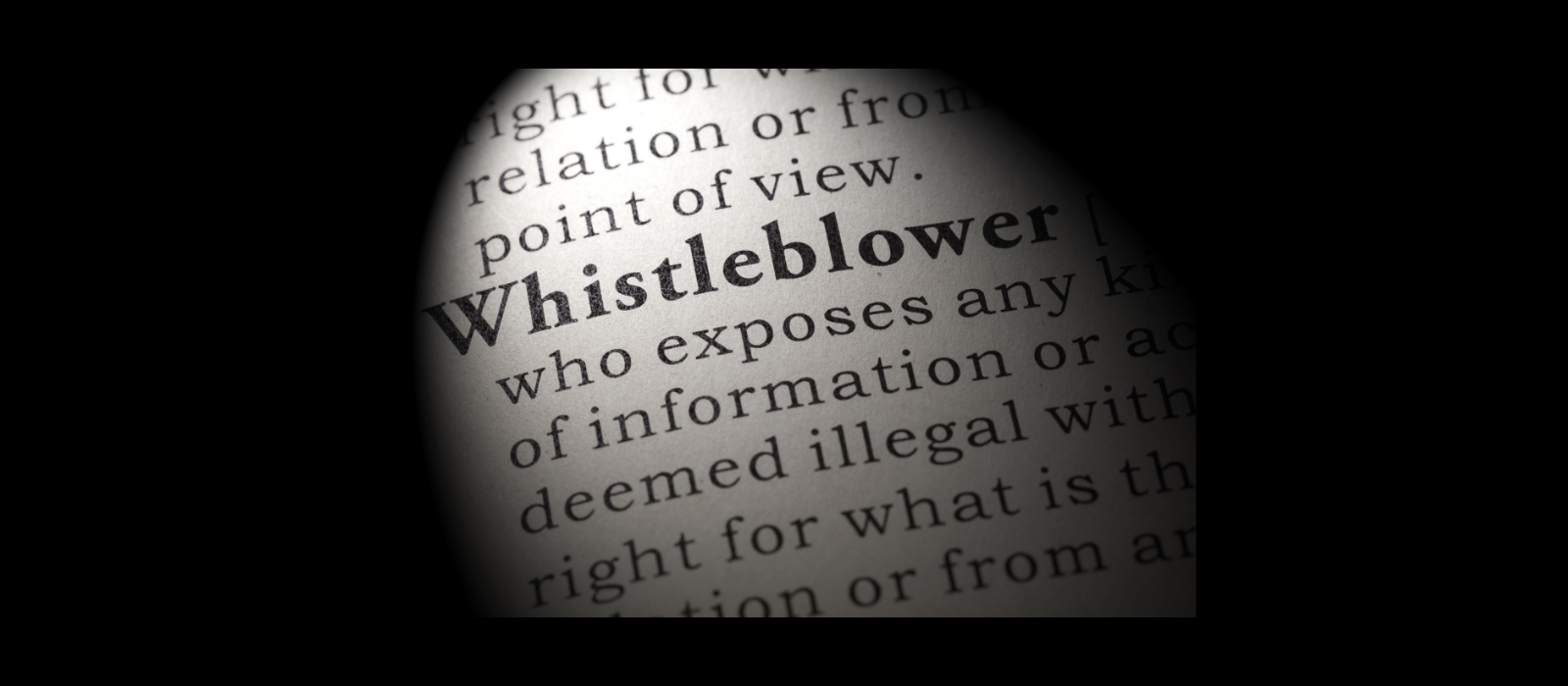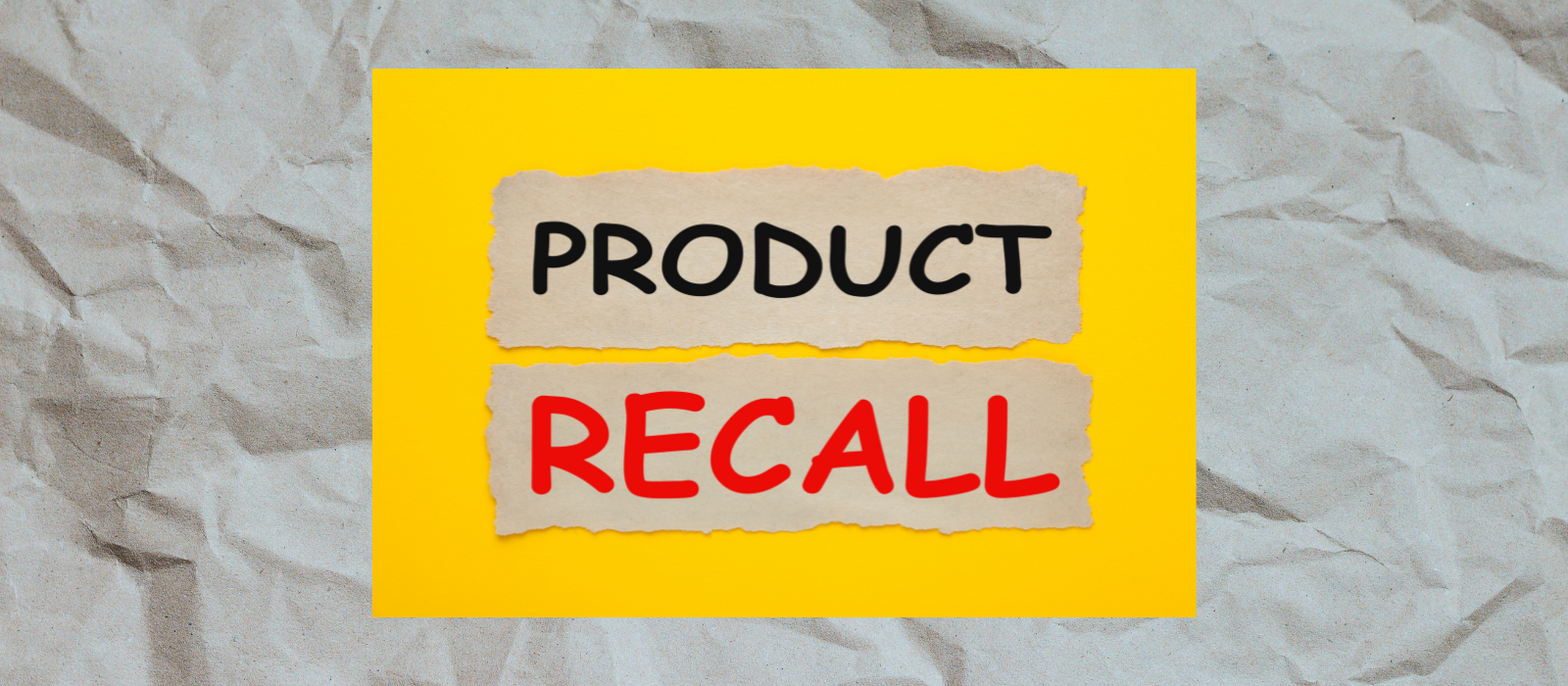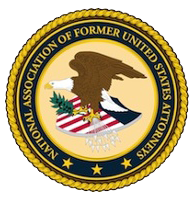Federal Corporate Fraud: What You Need to Know
The world of business can be exhilarating, offering opportunities for growth, innovation, and financial success. However, it's important to acknowledge that the corporate realm isn't immune to illegal activities. Among these is the intricate web of corporate fraud, which can entangle unsuspecting individuals in serious legal troubles.
At The McCoy Law Group, we know how easily individuals can find themselves embroiled in corporate crime, and the complexities surrounding corporate fraud cases. We’re here to offer pertinent information and reliable legal guidance should you need it. Here is what you need to know should you find yourself accused of this corporate crime.
Understanding Federal Corporate Fraud
Corporate fraud, often considered a white-collar crime, involves deceptive practices within a business setting. These types of offenses typically do not entail the use of force, violence, or threats. Instead, they are driven by the desire to maintain secrecy while unlawfully acquiring money, property, or services through fraudulent means.
While it might not involve violence, it's far from victimless. Corporate fraud can harm businesses, investors, employees, and even the overall economy. Engaging in fraudulent activities within a corporation can lead to significant consequences, both for individuals and the larger business community.
Common Types of Corporate Crimes
Corporate fraud takes many forms, each with its own set of legal complexities. Some common types of corporate crimes include:
- Embezzlement: Misappropriating funds entrusted to you for personal gain.
- Insider Trading: Illegally buying or selling stocks using non-public information.
- Accounting Fraud: Manipulating financial records to misrepresent a company's financial health.
- Bribery and Corruption: Offering or receiving something of value in exchange for business favors.
- Money Laundering: Making illegally obtained money appear legitimate through a series of transactions.
- Securities Fraud: Providing false or misleading information to investors to manipulate stock prices.
- Kickbacks: Illicitly receiving compensation for referring business to a particular company.
FBI and Corporate Fraud Investigation
The Federal Bureau of Investigation (FBI) is at the forefront of combating corporate fraud. The FBI prioritizes corporate fraud investigations due to the significant damage it inflicts on investors and the U.S. economy.
In the pursuit of uncovering corporate fraud, the FBI collaborates with various agencies, including:
- Securities and Exchange Commission
- Commodity Futures Trading Commission
- Financial Industry Regulatory Authority
- Internal Revenue Service
- Department of Labor
- Federal Energy Regulatory Commission
- U.S. Postal Inspection Service
Identifying corporate fraud often relies on the reporting and compliance mandates of these federal agencies.
With its expertise in investigating complex financial crimes, the FBI plays a critical role in ensuring accountability within the corporate sector. The FBI's involvement highlights the seriousness of corporate fraud and underscores the government's commitment to maintaining the integrity of businesses and financial systems.
Federal Statutes and Penalties
Numerous federal statutes target corporate fraud. These include:
- Mail fraud: Violation of 18 USC § 1341
- Wire fraud: Violation of 18 USC § 1343
- Bank fraud: Violation of 18 USC § 1344
- Healthcare fraud: Violation of 18 U.S.C. § 1347
- Securities or commodities fraud: Violation of 18 U.S.C. § 1348
- Certifying false financial reports: Violation of 18 U.S.C. § 1350
- Money laundering: Violation of 18 U.S.C. § 1956
- Counterfeit obligations or securities: Violation of 18 U.S.C. § 472
- Extortion and blackmail: Violation of 18 U.S.C. § 873
- Filing a fraudulent document with an official: Violation of 18 U.S.C. § 1001
- Major fraud against the federal government: Violation of 18 U.S.C. § 1031
- Using a fictitious name to obtain a postal package: Violation of 18 U.S.C. § 1342
Convictions for corporate fraud can lead to substantial penalties, including hefty fines and imprisonment. Individuals found guilty of federal corporate fraud could be ordered to reimburse double the sum of their wrongful gains. Additionally, they could be imprisoned for upwards of five to twenty-five years.
Those found guilty can face not only legal consequences but also significant damage to their professional reputation. Being convicted can eliminate the possibility of pursuing meaningful employment within a finance-related field.
Facing Corporate Crime Allegations in South Carolina?
If you're under investigation for corporate crimes in South Carolina, it's crucial to take immediate action. Consulting an experienced attorney is essential to protect your rights and build a strong defense strategy. At the McCoy Law Group, we understand the nuances of federal corporate fraud cases and can provide you with the guidance and representation you need during this challenging time. We can:
- Examine the particular accusations directed at you or your company;
- Assess the evidence to gauge its validity and the potential legal consequences you might face;
- Collect relevant documents and statements from witnesses to substantiate your innocence and demonstrate your adherence to the law;
- Investigate potential legal arguments that could be used in your favor;
- Devise a plan for addressing government inquiries;
- Negotiate with prosecutors in your best interest; and
- Provide legal defense during a trial, if required.
The world of business can be both promising and perilous. Corporate fraud, though non-violent, can have far-reaching negative effects. If you're
facing allegations of corporate fraud, it is imperative that you contact a skilled federal defense attorney immediately. Contact the
McCoy Law Group to ensure your rights are safeguarded and your case is handled with expertise and care. Your future and the integrity of the business community are at stake – take action today.













